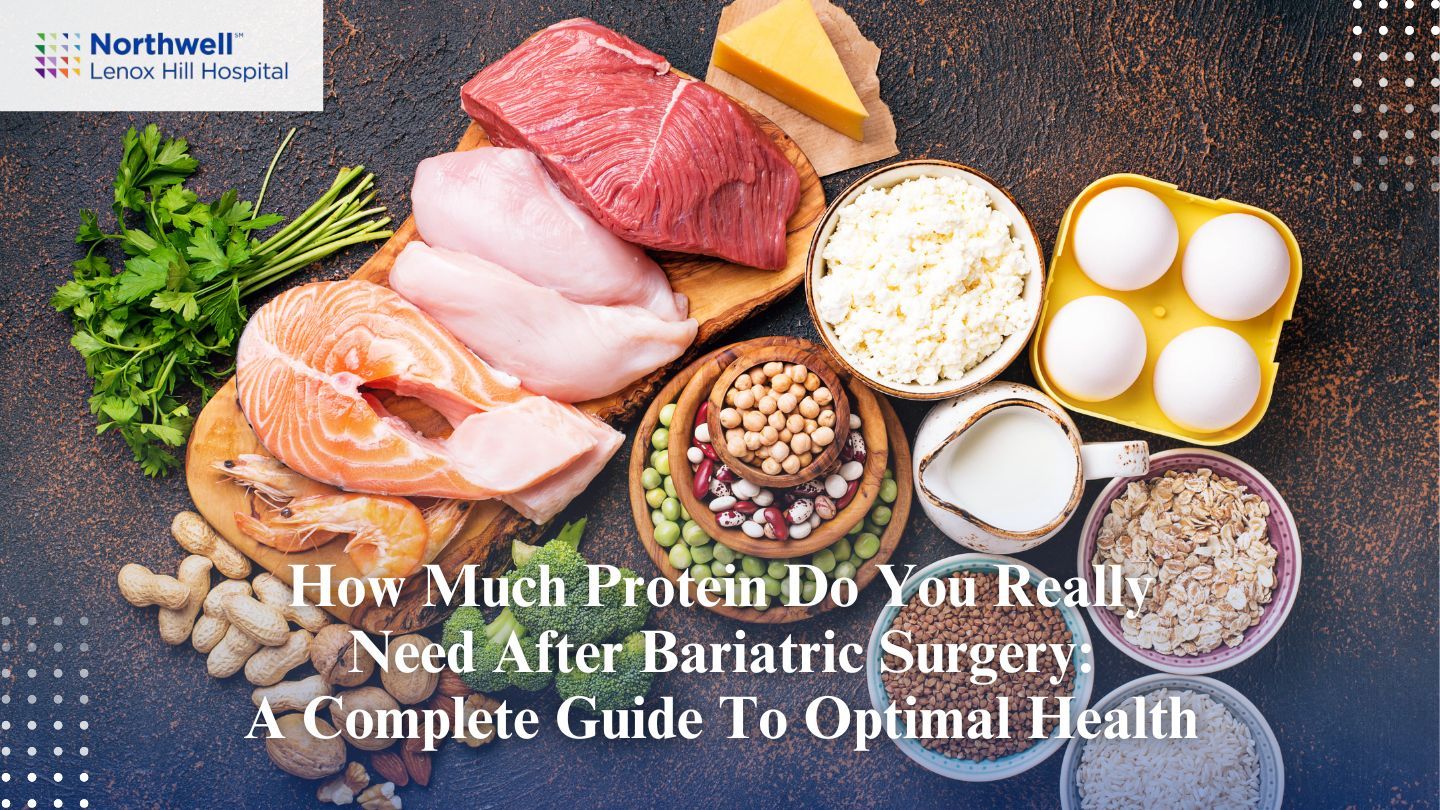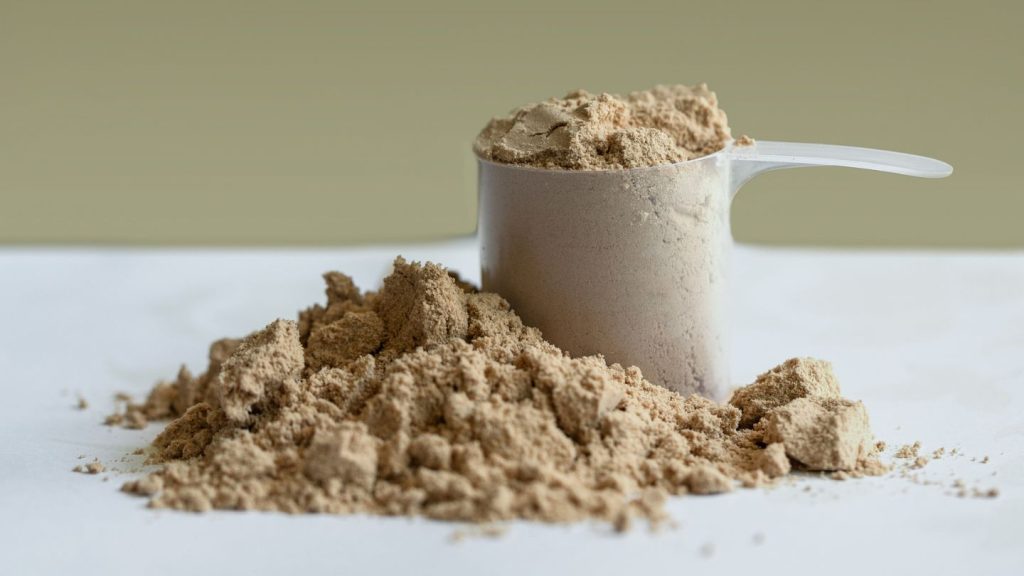How Bariatric Surgery Affects Your Metabolism: Key Insights for Lasting Change
Bariatric surgery does more than help with weight loss—it transforms your metabolism in powerful ways. From hormones to insulin sensitivity, these changes play a critical role in long-term health. Curious to learn more? This blog dives into the science behind these metabolic shifts. Discover how the surgery impacts your body, why these changes matter, and what it means for your overall well-being.
Key Takeaways
- Bariatric surgery offers significant metabolic benefits, including improvement in blood sugar control and the potential remission of type 2 diabetes in up to 92% of patients.
- Post-surgery hormonal changes reduce hunger, enhance feelings of fullness, and significantly improve insulin sensitivity, contributing to long-term weight management.
- A multidisciplinary support approach is vital for the success of bariatric surgery, ensuring comprehensive care and guidance for sustained lifestyle changes.
The Role of Bariatric Surgery in Metabolic Health
Bariatric surgery is a transformative intervention for severe obesity, providing significant metabolic benefits beyond just weight loss for severely obese patients. Remarkably, metabolic parameters improve significantly, leading to better blood sugar control and even the remission of type 2 diabetes in up to 92% of patients. This is a game-changer for those struggling with diabetes management and is often considered among the most effective bariatric operations available in treating obesity and to treat obesity.
Additionally, conditions like high blood pressure and high cholesterol are alleviated, enhancing cardiovascular health. Long-term benefits include a 30-50% reduction in the risk of premature death. This dramatic decrease in health risks is a testament to the surgery’s effectiveness in enhancing overall metabolic health.
Financially, healthcare costs can decrease by 29% within five years post-surgery due to the reduction of obesity-related conditions. This alleviates the financial burden on individuals and families while promoting sustained weight loss and healthier living.
Gastric bypass surgery, a common bariatric surgery procedure, reduces calorie intake by creating a smaller pouch in the stomach. This intervention fundamentally changes how the body processes food and nutrients, leading to substantial weight loss and improved metabolic health through weight loss surgery.
Patients typically maintain about 50% of their excess weight loss three to five years post-surgery, demonstrating long-term effectiveness and preventing weight regain.
Hormonal Changes Post-Bariatric Surgery

A fascinating aspect of bariatric surgery is its impact on hormones regulating hunger and satiety. Post-surgery, ghrelin levels significantly drop, decreasing hunger and aiding weight loss.
Patients also experience a rise in GLP-1 and PYY levels, which enhance fullness and improve blood sugar management. These hormonal changes are pivotal for sustained weight loss and preventing weight regain.
The flat ghrelin profile in post-gastric bypass patients, unlike normal fluctuations in healthy individuals, contributes to better appetite regulation and weight management.
Changes in gut hormones post-surgery also alter appetite regulation. Rapid nutrient delivery to the distal gut enhances GLP-1 secretion, aiding blood sugar control, insulin release, and glucose homeostasis. Additionally, the gut hormone plays a role in these processes.
Improvements in Insulin Sensitivity
Bariatric surgery significantly improves insulin sensitivity, crucial for managing blood sugar levels and preventing diabetes. It enhances hepatic insulin sensitivity, making the liver more efficient at regulating blood sugar.
Patients often experience markedly improved glycemic control, sometimes independent of weight loss, indicating the surgery’s benefits extend beyond weight reduction.
Enhanced insulin sensitivity post-surgery significantly increases the chances of diabetes remission, often freeing patients from daily management and profoundly improving quality of life, while addressing insulin resistance.
Effects on Basal Metabolic Rate (BMR)
Basal Metabolic Rate (BMR) refers to the calories needed to maintain basic physiological functions at rest, including those governed by the metabolic system. Bariatric surgery often initially increases BMR, contributing to rapid weight loss.
However, BMR experiences a significant decrease 12 months post-surgery, dropping by nearly 20% from preoperative levels due to substantial weight loss and changes in body composition.
Ultimately, weight loss from bariatric surgery alters BMR, increasing energy expenditure. Understanding these changes helps patients manage weight effectively and maintain long-term metabolic health.
Alterations in Gut Hormones and Microbiota
Postoperative changes in gut hormones significantly improve metabolic outcomes. These shifts regulate appetite and enhance insulin response, leading to better blood sugar control and sustained weight loss.
Bariatric surgery also shifts the balance of Firmicutes and Bacteroidetes in the gut microbiome, linked to improved metabolic health. This promotes beneficial bacteria like Akkermansia, maintaining gut barrier integrity and supporting metabolic improvements, indicating a need for further research.
Gut microbiota’s metabolic byproducts, like short-chain fatty acids, regulate metabolism and energy expenditure post-surgery and within the gastrointestinal tract. These changes underscore the importance of maintaining a healthy gut microbiota.
Reduction in Inflammatory Markers
Bariatric surgery significantly decreases pro-inflammatory cytokines linked to obesity-related diseases, improving metabolic health and reducing chronic disease risk.
Patients often see marked improvements in their metabolic profiles post-surgery, partly due to reduced inflammation. Lower levels of C-reactive protein (CRP) indicate this reduced inflammation.
Bariatric surgery can also increase adiponectin, an anti-inflammatory cytokine that improves metabolic health, highlighting the surgery’s role in reducing chronic inflammation and enhancing overall health.
Long-Term Metabolic Monitoring and Nutritional Counseling
Long-term metabolic monitoring and nutritional counseling are crucial for bariatric surgery patients. Regular assessments help maintain health and ensure adherence to dietary practices and supplementation routines.
Lifelong nutritional surveillance prevents nutritional deficiencies, even for adherent patients. Nutritional counseling aids adaptation to reduced stomach capacity and ensures proper intake, fostering healthier eating habits.
Personalized vitamin and mineral supplementation is necessary to prevent deficiencies. Maintaining or increasing lean mass and skeletal muscle with exercise and protein intake can elevate BMR, supporting long-term weight management. Understanding how much protein you really need after bariatric surgery is crucial for ensuring adequate protein consumption to promote healing, preserve muscle mass, and optimize metabolic health.
Psychological and Behavioral Adjustments
Psychological support is critical for addressing emotional challenges post-surgery. Drastic weight loss can lead to profound psychological effects, including vulnerability and fear from increased attention.
Adjusting to new eating behaviors involves:
- Learning smaller portions
- Altering long-standing habits
- Replacing emotional reliance on food with new hobbies or activities
- Using support groups
- Journaling food intake and emotions to aid in controlling emotional eating.
Comprehensive support systems, including medical and psychological assistance, enhance post-surgery success. Nutritional guidance from dietitians helps navigate necessary dietary changes for long-term weight loss.
Multidisciplinary Support for Bariatric Surgery Patients

A multidisciplinary team approach involves specialists such as:
- surgeons
- dietitians
- psychologists
- nurse case managers
- obesity medicine specialists
These specialists provide comprehensive care for bariatric surgery patients.
Ongoing healthcare team support is essential for sustaining lifestyle changes post-surgery. This support helps navigate challenges, ensuring long-term success and a healthy weight.
Maintaining a healthy weight post-surgery is crucial for long-term weight management and serves as a cancer prevention tool, highlighting the broader health benefits of sustained weight loss, surgical weight loss, multidisciplinary support, and the ability to lose weight.
Transforming Your Health Through Metabolic Changes
Bariatric surgery offers a transformative way to enhance metabolism, helping the body manage weight more effectively. By addressing metabolic imbalances and promoting better energy utilization, this procedure not only facilitates initial weight loss but also supports sustainable results in the long run, empowering individuals to lead healthier lives.
If you’re ready to redefine your health, the Lenox Hill Bariatric Surgery Program is here to help. With unmatched expertise in bariatric surgery in NY and revision surgery options, we are committed to a patient-centered approach, ensuring that each individual receives the care and guidance they need for lasting success. Take the next step toward a healthier and more energized life today!
Frequently Asked Questions
How does bariatric surgery improve metabolic health?
Bariatric surgery significantly enhances metabolic health by improving blood sugar regulation, lowering inflammation, and modifying gut hormones and microbiota, resulting in superior metabolic function.
What are the hormonal changes post-bariatric surgery?
Post-bariatric surgery, patients experience a notable decrease in ghrelin, accompanied by increased levels of GLP-1 and PYY, which leads to improved appetite regulation and blood sugar control. These hormonal changes are essential for successful weight management after the procedure.
How does bariatric surgery affect insulin sensitivity?
Bariatric surgery significantly improves insulin sensitivity, leading to better glycemic control and higher rates of diabetes remission. This metabolic enhancement is achieved through multiple physiological changes following the procedure.
Why is long-term nutritional counseling important after bariatric surgery?
Long-term nutritional counseling is crucial after bariatric surgery to prevent nutritional deficiencies and to support ongoing weight loss and metabolic health. This guidance helps ensure that patients make healthy dietary choices for lasting success.
What role does a multidisciplinary team play in bariatric surgery?
A multidisciplinary team is essential in bariatric surgery as it delivers comprehensive care that addresses the overall health and well-being of patients, leading to sustained lifestyle changes and improved long-term outcomes.






























